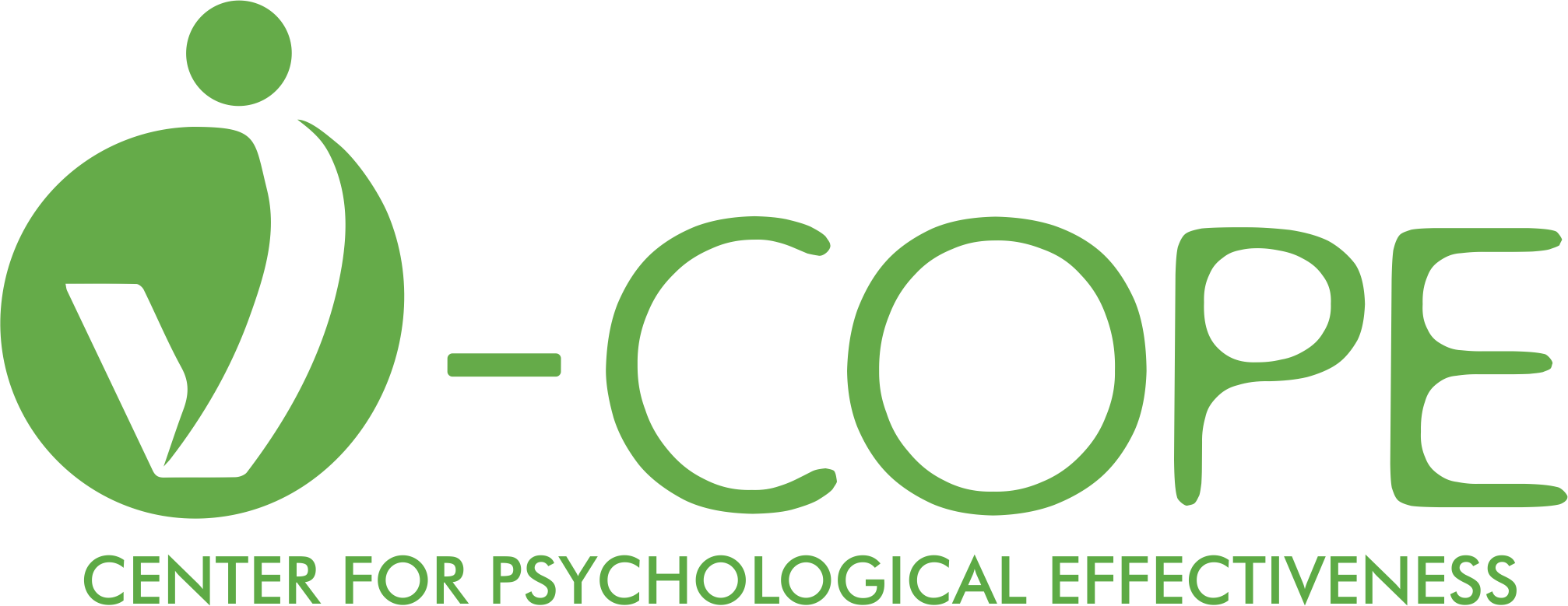- Alcohol and Drug-addiction have always been a challenging thing to treat because of the complexity of the issue. There are multifactorial predisposing factors like age, sex, genetics, race, or socioeconomics that may lead someone to alcohol or drug addiction. Psychological and behavioral factors can also contribute to the same
- Alcohol and Drug-addiction are a chronic disease which involves neurotransmitter and the treatment involves a long-term process with multiple interventions and systematic monitoring.

- V-COPE provides Cognitive Behavioral Therapies (CBT) which helps to inspire the affected people to recognize the negative thoughts and to participate in drug treatment options, motivate healthy coping strategies with drug cravings, teach ways to avoid drugs and prevent relapse, and Relapse prevention strategies. Behavioral therapies also help individuals accept themselves instituting positive change in them, improve communication skills, relationships, and parenting skills.
- The Alcohol Detox Stage is the initial step in treating alcoholism which focuses on flushing out the alcohol from your body. Discontinuation symptoms subside within two weeks after starting the detox treatment program; however, this could take a longer duration depending on the severity of your detoxication. On a larger scale focus will be towards the other aspects of the recovery process like engaging activities, therapies, counseling sessions, and rehabilitation options.
- Alcohol is a depressant that your body begins to rely on over the course of months and years of drinking. Your brain eventually stops producing certain chemicals that it receives from alcohol, becoming dependent on the drug. That’s why when you quit drinking; it takes time for your body to adjust. This is what causes withdrawal symptoms such as headache, fever, nausea, irregular heartbeat and hallucinations.
- Physical dependence occurs only on heavy and round-the-clock drinking. Heavy drinking is often
 associated with nutritional deficiencies because food is neglected and associated malabsorption.
associated with nutritional deficiencies because food is neglected and associated malabsorption. - In addition to impaired mental and physical performance, neurological afflictions are common—polyneuritis, pellagra, tremors, seizures, loss of brain mass.
- Withdrawal syndrome occurs when a physically dependent subject stops drinking; withdrawal syndrome appears within a day. Its severity depends on the duration and quantity of alcohol consumed by the subject. It consists of anxiety, sweating, tachycardia, tremor, impairment of sleep, confusion, hallucinations, delirium tremors, convulsions, and collapse. Psychological interventions and medical supportive measures are needed during withdrawal. These drugs will have a long duration of action and can be gradually withdrawn later.
- The main Relapse Prevention Strategy techniques are the Group counseling, group meeting which helps them gain self-confidence and stay away from alcohol.
- Many treatment options are available for both individual and group therapies.
- Group therapy can provide a feel-good factor to develop trust between close peers and improve social reinforcement and help enforce behavioral eventualities that encourage abstinence.
















